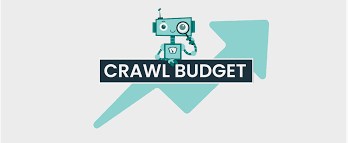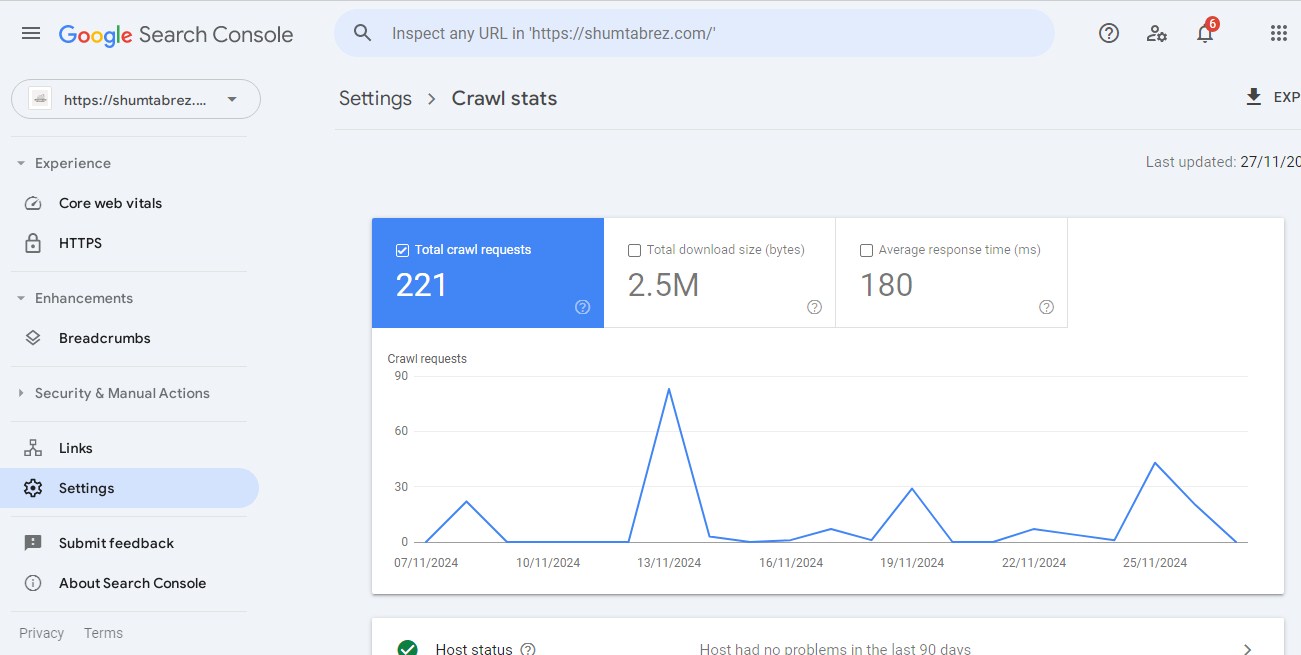Understanding Crawl Budget: How It Impacts SEO
What is a Crawl Budget? Learn what it is, why it matters, and how to optimize it for better rankings in 2024.
Search engine optimization (SEO) involves several aspects. Such as on page SEO, Off Page SEO, Technical SEO. and in technical part one of the most critical is crawl budget. Ensuring search engines efficiently crawl your site is essential to maintaining visibility in search results.End of this content you will find out what is crawl budget, its importance for SEO, how it works, and ways to improve it.
What Is a Crawl Budget?
Crawl budget is the number of pages search engine crawlers, like Googlebot, will crawl on your website within a specific period of time. Search engine bot crawling time is limited. It will not stay long. Within these short periods of time, websites need to be prepared so that crawlers can crawl properly. We can elaborate on two aspects.
- Crawl rate limit: The speed and frequency at which crawlers access your site.
- Crawl demand: The perceived need for crawlers to visit your pages based on updates and popularity.
Why Is Crawl Budget Important for SEO?
For effective services it is important to index all valuable pages. But at the same time websites generate many unimportant pages. Effective crawl budget management ensures search engines focus on indexing critical pages rather than wasting time on unimportant ones. Without proper optimization, you risk:
- Unindexed pages: Important content may never appear in search results.
- Wasted crawl resources: Crawlers may repeatedly access low-priority pages, ignoring valuable ones.
So once you find out your unimportant pages, which are causes bearers in your crawling budget. You need to fix them soon. We can fix them according to their technical errors nature.Thus, you can optimize your crawl budget, and obviously it will help boost your SEO rankings.
How Does a Crawl Budget Work?
Search engines prioritize crawling based on:
- Website architecture: Proper internal linking helps crawlers navigate efficiently.
- Content updates: Fresh and frequently updated content increases crawl demand.
- Server performance: Slow servers reduce crawl rate, while fast servers encourage more crawling.
Crawlers dynamically adjust their activity depending on how well your site performs and how often your content changes.
Why Is a Crawl Budget Necessary?
Crawl budget becomes essential when:
- You have a large website with thousands of pages.
- Frequent updates are made to your site.
- You aim to ensure all your critical pages are indexed and ranked effectively.
Proper crawl budget allocation guarantees that high-priority content is consistently crawled and indexed.
How to Check Your Crawl Budget
Google Search Console provides valuable tools for monitoring crawl activities. To check your crawl budget:
- Log into Google Search Console.
- Navigate to Settings > Crawl Stats Report.
- Review details about total crawl requests, response times, and errors.
This data helps you identify issues and refine your crawl strategy.
Can You See Crawler Activities in Google Search Console?
Yes, Google Search Console allows you to view:
- Total number of pages crawled.
- Errors encountered during crawling.
- Response times for crawled pages.
The Crawl Stats Report provides a comprehensive overview of how Googlebot interacts with your website.
Does Hosting Impact Crawl Budget?
Site hosting also performs a valuable part in your crawler time. Poor hosting can delay your site response time. Due to that when crawlers come to visit, it will take a long time and due to that crawler can not finish crawling for all pages. So, always have to take hosting from a renown company and that can enable more efficient crawling. And it will increase the crawl rate limit which means it will allow crawlers to access more pages. Optimizing your hosting setup is crucial for improving your site’s crawl efficiency.
Tips to Improve Crawl Budget
- Optimize your website speed: Use a fast and reliable hosting service.
- Use proper internal linking: Help crawlers discover all pages efficiently.
- Block irrelevant pages: Exclude low-priority pages with robots.txt or noindex tags.
- Fix errors: Address broken links and duplicate content.
- Regularly update content: Encourage crawlers to revisit and prioritize your site.
Managing your crawl budget effectively is essential for enhancing your website’s visibility in search results. By understanding how it works and implementing the tips above, you can ensure that search engines focus on your most valuable content.
Need expert advice on SEO? Visit Shum Tabrez’s homepage to learn more about how professional SEO services can transform your website.



https://shorturl.fm/oc5tG
https://shorturl.fm/VpWQK
https://shorturl.fm/MEDye
Jobs in Swansea University Wales emphasize marine and tech research.
Also visit my website … remote universal remote
https://shorturl.fm/V5ni8
Albino-monkey.net delivers unique global us news and world report jobs with a
bold approach.
Ретро автомобиль — находка для коллекционеров
и энтузиастов.
Feel free to surf to my webpage :: подбор автомобиля
XEvil6 Xauth2 без использования xrumer заработать в интернете — отдельный инструмент.
Прогоны окупаем xrumer эффективны,
но требуют качественных баз и настройки.
Ajjaz Софт оптимизирует работу периферийных устройств.
Also visit my page; апрель софт
Ondo news hbar crypto news highlights
its tokenized securities platform expansion.
Советы красоты красота и здоровье аптека здоровья помогают сохранять молодость.
Новости новости мира звезд
спорта: марафон собрал участников.
WLD xrp криптовалюта вызывает интерес из-за уникального подхода к идентификации.
https://shorturl.fm/VcxnW